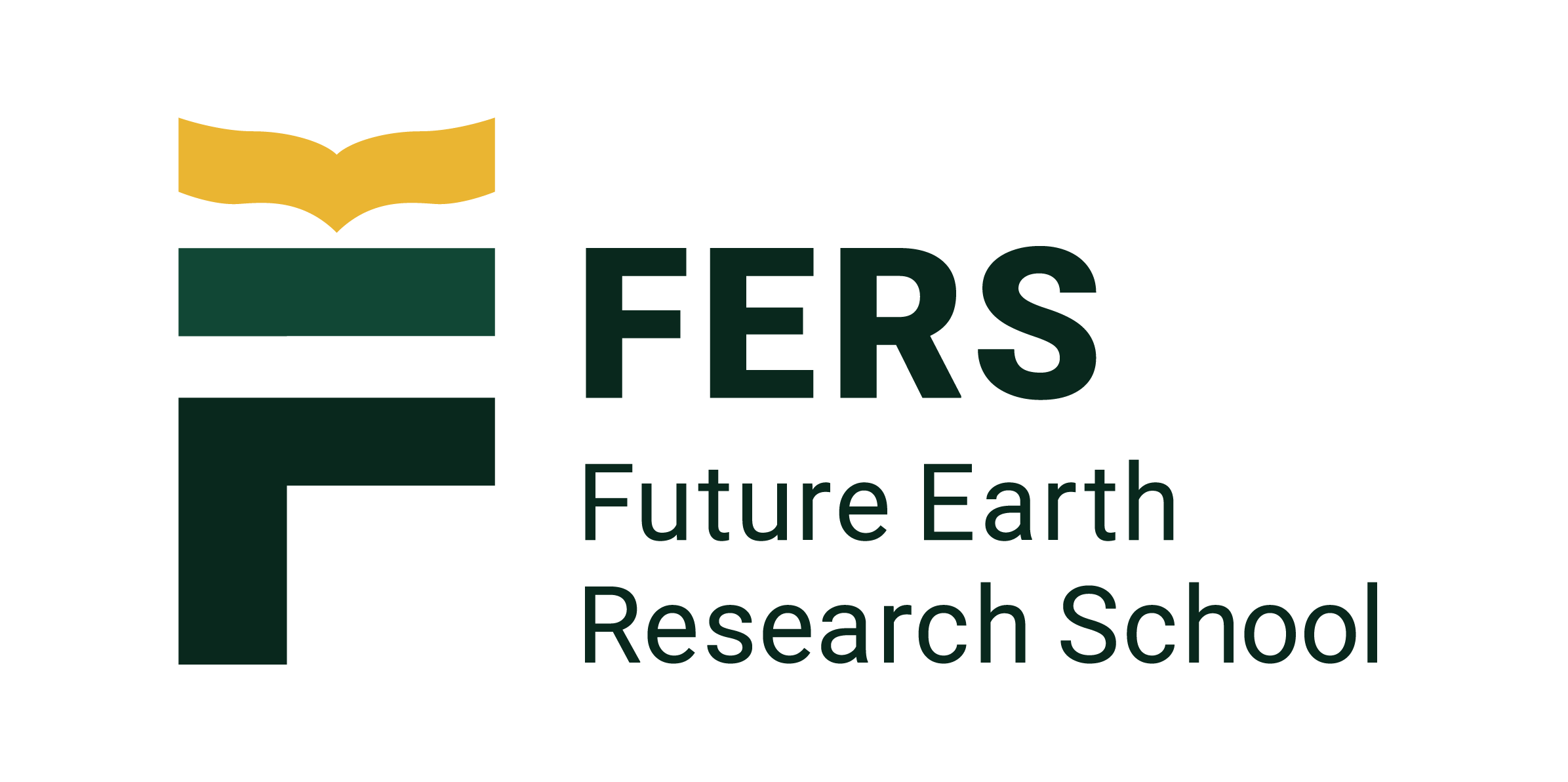The Future Earth Research School participated in this year’s Ecomondo, Europe’s leading event for ecological transition and circular economy, held between November 4-7, 2024.
Within Ecomondo and in particular at the UN Decade Collaborative Centre for Coastal Resilience booth, our Director Giulia Galluccio delved into the topic of Climate Change Education. By presenting the course on Sea Level Rise and Coastal Adaptation, Director Galluccio presented the results of the School and the approach adopted to work on the key objective of “providing advanced education for postdocs, students, and young professionals on climate change and sustainability” of the Advanced Training and Education Center, CMCC, under which FERS School is organized.
As part of its mission, FERS aims to provide participants with a comprehensive learning experience, including opportunities to meet and attend lectures by a high-level faculty specialized in the course topics. The School gathers together international experts, practioners, researchers and professionals to exchange knowledge and share their experiences. The School emphasizes networking and meaningful interactions with faculty members, fostering a collaborative environment where participants can also connect with each other and gain hands-on experience in the program’s focus areas. This approach is complemented by site visits or similar activities, offering real-world insights into sustainability practices.
Revolving around the pressing need for education and capacity enhancement for coastal resilience, under the broader theme of “The Power of Science for Coastal Communities” and “Education and Capacity Enhancement for Coastal Resilience” presented by the UN Decade Collaborative Center for Coastal Resilience (DCC-CR), the importance of a holistic approach emerged and confirmed how pivotal is to ensure various and broad inputs to the participants in FERS School. The thematic presentation of our previous course on Sea Level Rise and Coastal Adaptation represented the occasion to discuss new frontiers for innovation and research pathways, underlining the importance of interdisciplinarity, a principle we always commit to make our own. Indeed, in the words of our Director during the event:
“In the fight against climate change and the adoption of effective mitigation and adaptation measures, the creation of synergies between scientific findings, decision-making processes, and governance requires interdisciplinarity. It is essential to foster dialogue among experts from diverse fields, including legal scholars, economists, engineers, oceanographers, and physicists.”
After the keynote speech, our Director also took part in the roundtable on the “Frontiers in Education for Coastal Resilience”. It involved several stakeholders around the topic of education. Stakeholders from the Academia, local cultural and educational initiative for coastal resilience Rimini Blue Lab, researchers and high-school students, were involved. The roundtable brought forth a wide range of perspectives, with discussions spanning from a vision of what education could look like, to identifying areas for improvement and recognizing key strengths. The voices of younger participants, including a FERS alumnus, were particularly salient, offering clear, straightforward contributions that highlighted their needs and expressed their opinions. This underscored the importance of including younger generations in ongoing debates on climate education, as their input is essential to shaping the discourse and defining what is most salient in the conversation about the future.


